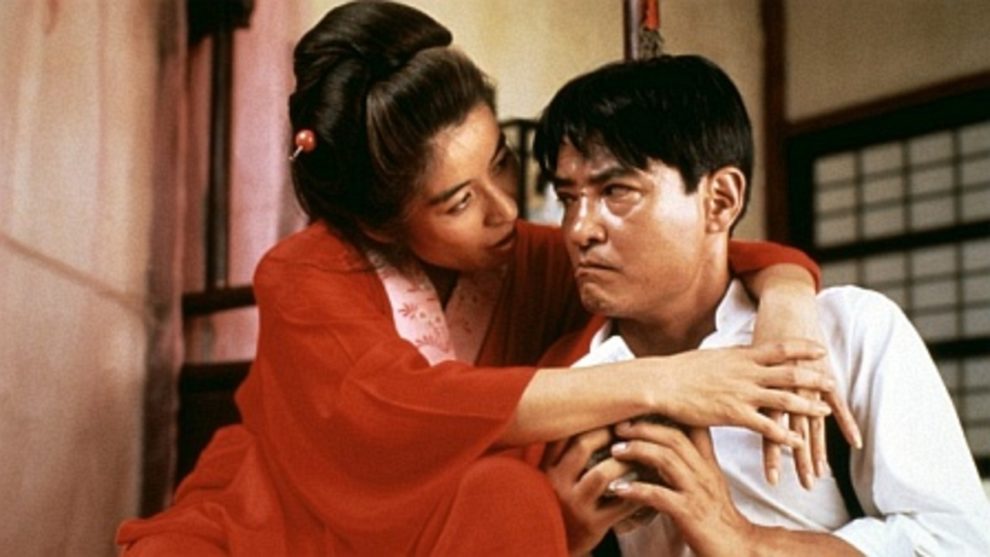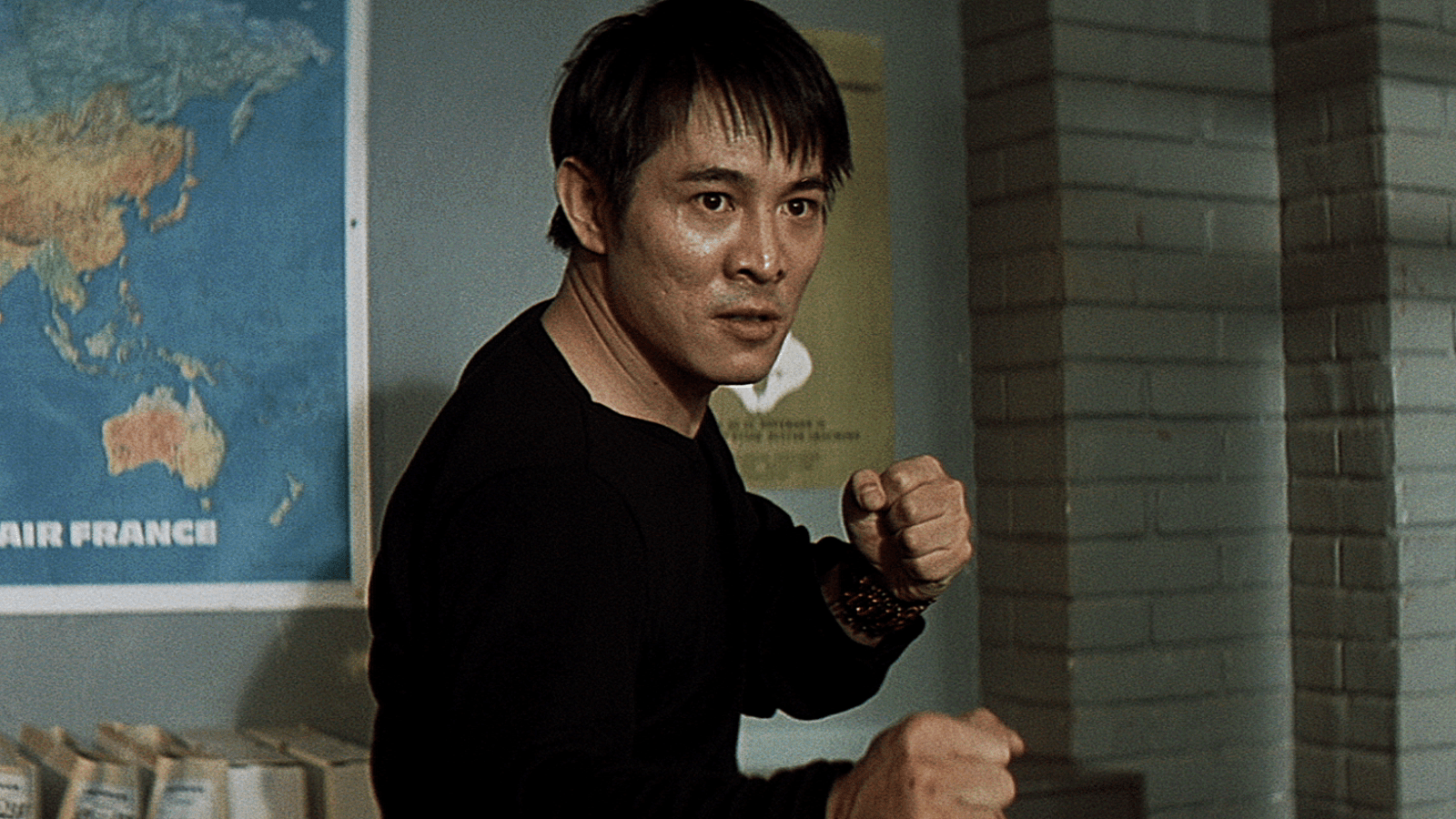After the success of “The Ballad of Narayama” production company Toei, satisfied with the result of their first collaboration, wanted to continue working with acclaimed director Shohei Imamura, but it would take quite a while before he was able to take over directing duties once again. As film scholar Tony Rayns mentions in his introduction to “The Ballad of Narayama”, Imamura defined a period piece, if it should have any merit for the present, to have something to say about the present state of affairs. In the light of that concept “Ballad” can be read as a parable on the state of Japan at the time of production in the 1980s, whereas Imamura's next film, “Zegen”, has been largely regarded as a comment on Japan's aggressive imperialism at the beginning of the 20th century. However, there is so much more to say about a black comedy such as “Zegen” as a bitter analysis of the expansion of an ideology.
Buy This Title
In 1901, castaway Iheiji Muraoka (Ken Ogata), after escaping from a Japanese vessel with two comrades, becomes a part of the Japanese expatriate community in Hong Kong. Eventually he becomes an apprentice to a local barber and manages to gain himself quite a reputation as a blooming businessman, but the course of his life changes once again when he is sent on a mission as a spy – against his will, of course – to Manchuria to investigate Russian activity. He is appalled by the Japanese women who have become prostitutes to the Russians, but his companion, a soldier named Uehara (Hiroyuki Konishi) corrects him, claiming these women show their devotion to the Japanese cause, and he should take an example of their attitude and support them.
Upon his return to Hong Kong, Muraoka is quite a changed man willing to not only be a successful businessman but to become a true supporter of the Japanese cause, which is the expansion to other countries and cultures. With the help of Shiho (Mitsuko Baisho) and a few others, he starts a business, a whorehouse, hiring Japanese girls who will support their families in their home country with the money they make. Eventually his devotion and aggressiveness grant him the kind of success he had always dreamed about, but as times change, his business must change as well, especially in the light of new competitors and international turmoil.
While the idea of “Zegen” being a mirror image of Japanese imperialism is most certainly true, Imamura's vision goes far beyond the historical truths about his home country. His script, which Imamura co-wrote with renowned playwright Kota Okabe, frequently exposes the idea of expansion as something which has been in the Japanese nation all along, caused (or excused, depending on your reading of the story) by the lack of natural resources. Patriotism and doing your duty as a “soldier of Japan”, as Muraoka calls the women working for him, is to further this expansion in the name of the emperor and becoming essentially an instrument for a greater cause. The complete identification with this concept makes for a rather conflicted individual, as we see with the main character, whose individual goals and emotions seems frequently at odds with the will of the emperor, especially when it comes to his love for Shiho.
Whereas “The Ballad of Narayama” was essentially an ensemble piece, “Zegen” is very much a showcase for Ken Ogata as Muraoka, and possibly one of the greatest performances in his career. Interestingly, it is quite difficult to describe his character as he is quite content with being the loyal subject, soldier or a pimp, which is what “zegen” means, although he most certainly does not see it this way. Exploitation, extortion and any kind of moral downfall can be excused in the context of a greater cause, making Muraoka a great example for the kind of businessman who only seeks out his own interest and erodes his personality, having fallen into the trap of doing it for a greater cause that seems to be completely oblivious to his existence.
There is something deeply disturbing about Imamura's feature and its characters. As we explore the development of Muraoka, his challenges and his successes, we also witness the birth of the exploiter, who infuses his own brand of morally devious and opportunist commercialism into his loyal followers, females and males alike, giving birth to a new generation of exploiters. Although the times may change and empires might fall, Imamura seems to point at a condition, or rather a cycle which never ends, but changes its face.
In the end, “Zegen” is a thought-provoking, quite disturbing black comedy about Japan's drive towards expansion as well as the moral and human downfalls that go with it. Shohei Imamura proves once again his status as an artist who has been observing the troubling truths of his home country and uses his features as a political and social comment.

















